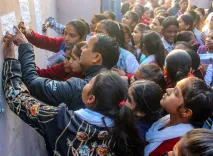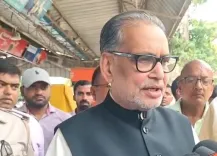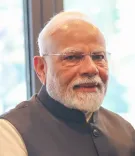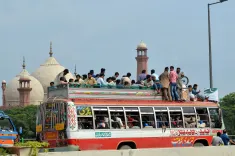How Has India Achieved Its Green Energy Targets Amid Rapid Economic Growth?
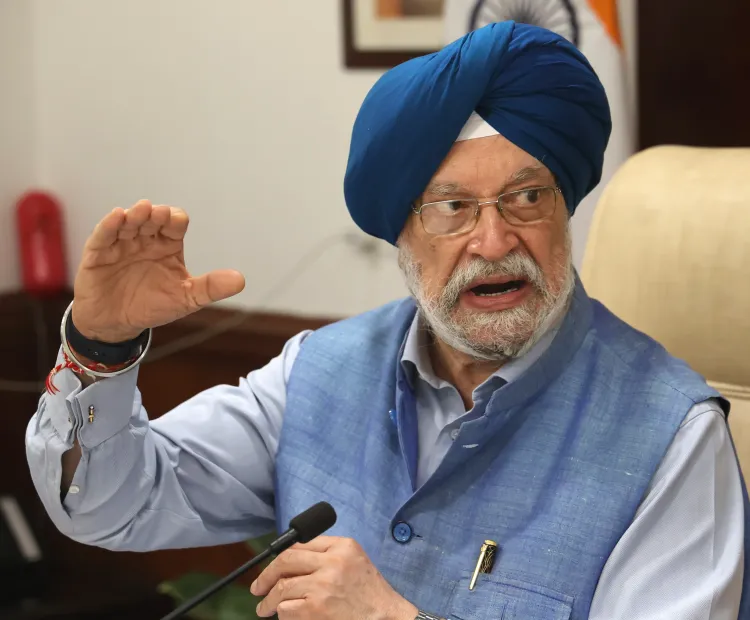
Synopsis
Key Takeaways
- India is the fastest-growing economy globally.
- Fulfilled Paris Agreement commitments ahead of schedule.
- Target of 500 GW renewable energy by 2030.
- Net Zero target set for 2070.
- 50% of installed capacity is from renewable sources.
New Delhi, June 19 (NationPress) Minister of Petroleum and Natural Gas Hardeep Singh Puri stated on Thursday that even though India is recognized as the fastest-growing major economy globally, it has emerged as one of the pioneering nations to fulfill its Paris Agreement commitments regarding green energy ahead of the anticipated timeline.
During the G7 outreach session on energy security held in Canada, Prime Minister Narendra Modi addressed significant challenges such as ensuring energy security for future generations and emphasized the importance of collaborative efforts among nations for a successful Energy Transition, advocating the principle of “not me, but we.”
Guided by PM Modi, nearly all households in India now have access to electricity. The minister highlighted that India ranks among the nations with the lowest per-unit electricity costs.
“We are also making substantial progress toward achieving the Net Zero target by 2070. With a firm commitment to reaching 500 GW of renewable energy by 2030, India is prioritizing green hydrogen, nuclear energy, and ethanol blending as part of its Clean Energy strategy,” the minister remarked.
In his speech at the G-7 outreach session, PM Modi reaffirmed that affordable, reliable, and sustainable energy remains India's foremost priority in a world increasingly driven by technology.
“In the past century, we witnessed competition for energy. In this century, collaboration for technology will be essential. By adhering to key principles of availability, accessibility, affordability, and acceptability, India is dedicated to inclusive development,” the Prime Minister stated.
He highlighted India’s clean energy initiatives, including the International Solar Alliance, the Coalition for Disaster Resilient Infrastructure (CDRI), and the Global Biofuels Alliance.
PM Modi pointed out that India has already exceeded its Paris climate commitments ahead of schedule and is swiftly moving toward its Net Zero goal by 2070.
“Currently, renewable energy makes up approximately 50 percent of our total installed capacity,” he added.
PM Modi also called for global collaboration to establish governance frameworks around artificial intelligence that promote innovation while addressing emerging risks.
“AI itself demands significant energy resources. If we are to sustainably meet the energy needs of a technology-driven society, it must be through renewable energy,” the Prime Minister further noted.


